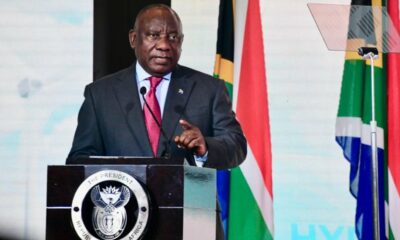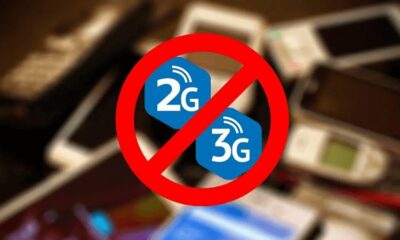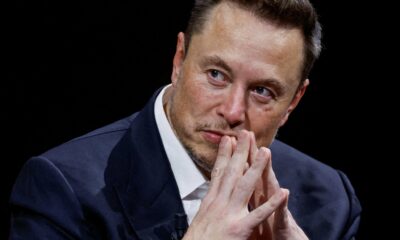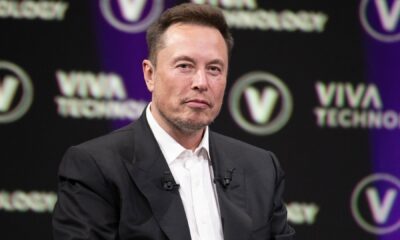Business
Starlink Faces Another Major Setback in South Africa as Vodacom Steps Back
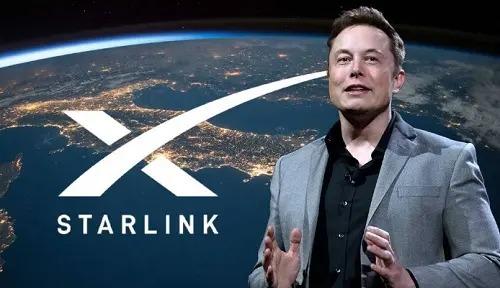
Vodacom distances itself from SpaceX partnership in SA
For months, South Africans hoping to connect to Elon Musk’s Starlink network have been holding their breath. The dream of affordable, high-speed satellite internet reaching even the most remote corners of the country has been alive since 2021. But according to Vodacom, that dream isn’t landing here just yet.
The telecom giant confirmed that it will not offer Starlink services in South Africa “at this stage,” even though it has signed a deal with the global satellite provider to expand connectivity across Africa. While Vodacom plans to roll out Starlink-powered services in other regions once regulatory approvals are complete, South Africa’s complex telecom rules are still standing in the way.
Why Starlink Can’t Operate in South Africa
Starlink’s expansion has been blocked by South Africa’s ownership equity laws under the Electronic Communications Act. Any telecom company that wants to operate nationally must have at least 30% ownership by historically disadvantaged groups, which includes Black, Coloured, and Indian citizens, as well as women, youth, and people with disabilities.
The law was designed to address decades of inequality, but it’s now become the main obstacle for international tech companies trying to enter the South African market.
Starlink initially aimed to launch locally in 2022 after opening pre-orders in early 2021, but ongoing licensing and equity challenges forced it to pull back. By 2025, those issues remain unresolved.
Adding to the complexity is the fact that Icasa, South Africa’s telecoms regulator, hasn’t issued new service or network licences in 15 years. Any company that wants one must acquire an existing licence holder and then apply for transfer approval, a process that can take months or even years.
Musk’s Stance and the DEI Debate
In recent years, Starlink’s parent company, SpaceX, has turned its focus toward countries with more flexible regulations. Meanwhile, Musk himself has become increasingly vocal about his opposition to Diversity, Equity, and Inclusion (DEI) policies abroad, including Black Economic Empowerment (BEE) in South Africa.
That sentiment made Starlink’s position even trickier when local officials proposed a possible workaround: Equity Equivalent Investment Programmes (EEIPs). These would allow foreign companies to invest in local development, small business support, and training instead of giving up equity shares.
While this model is already used by global tech firms like Microsoft, Google, and Amazon, the Department of Communications has said it will only finalise EEIP guidelines for the ICT sector by March 2026.
Until then, Starlink remains on the sidelines.
What Starlink Offered South Africa
Before halting its plans, Starlink had reportedly pledged a R2 billion investment in local infrastructure and an additional R500 million toward improving school connectivity. That programme aimed to give 2.4 million learners across South Africa access to high-speed internet for the first time.
If EEIPs are officially approved, the company says it would resume those commitments immediately. But with the policy still a year or more away, it’s uncertain whether South Africans will see any progress soon.
What’s Next for Connectivity
While Starlink remains grounded by regulation, other companies, including Vodacom itself, continue exploring ways to expand rural coverage using satellite and low-orbit technology. The rest of Africa may see Starlink rollouts through Vodacom partnerships in the coming years, but for South Africans, it’s a waiting game.
For now, the nation that gave the world Elon Musk is still one of the few places where his satellite internet isn’t allowed to operate.
Follow Joburg ETC on Facebook, Twitter, TikT
For more News in Johannesburg, visit joburgetc.com
Source: MyBroadband
Featured Image: CediRates

